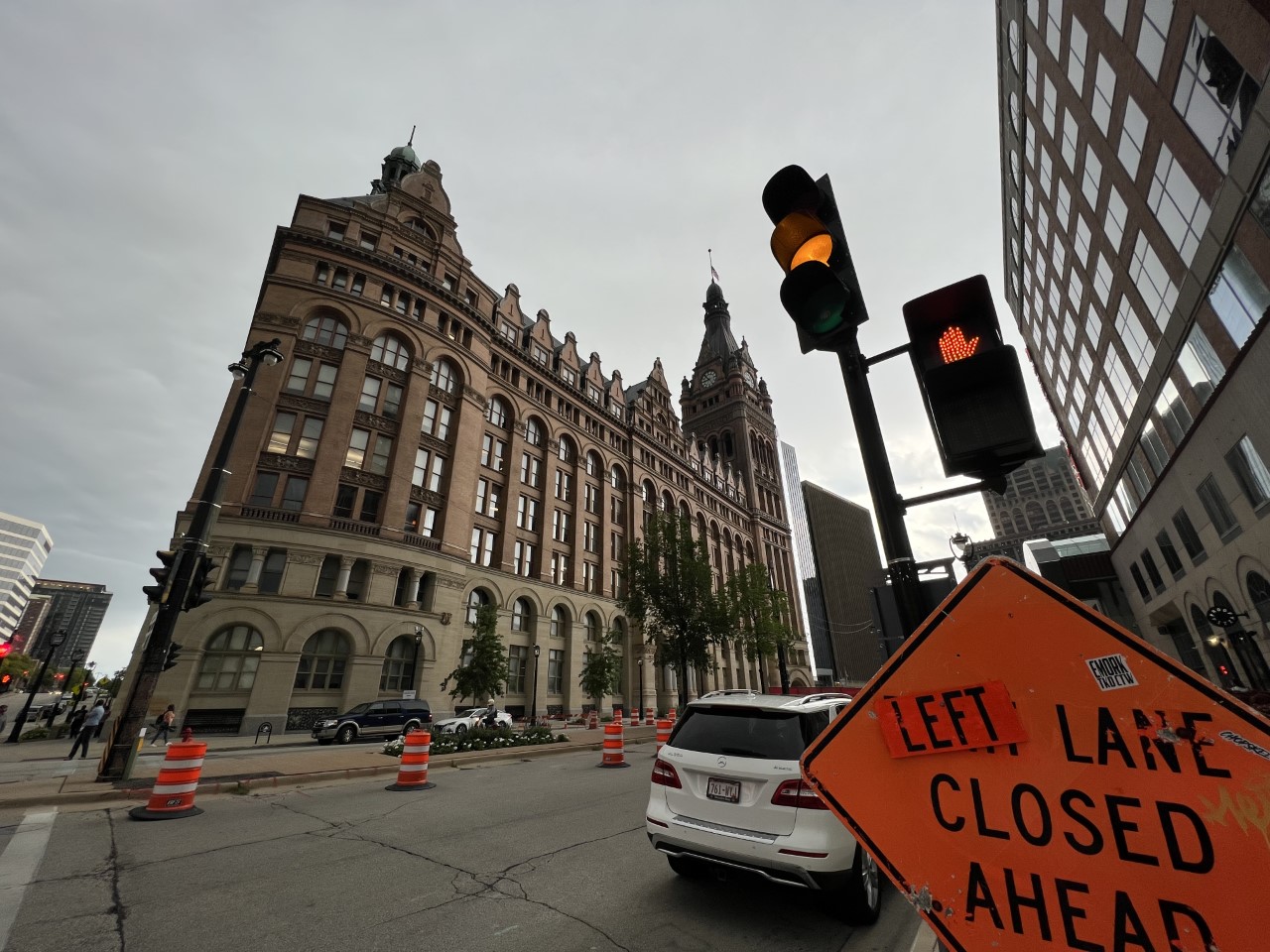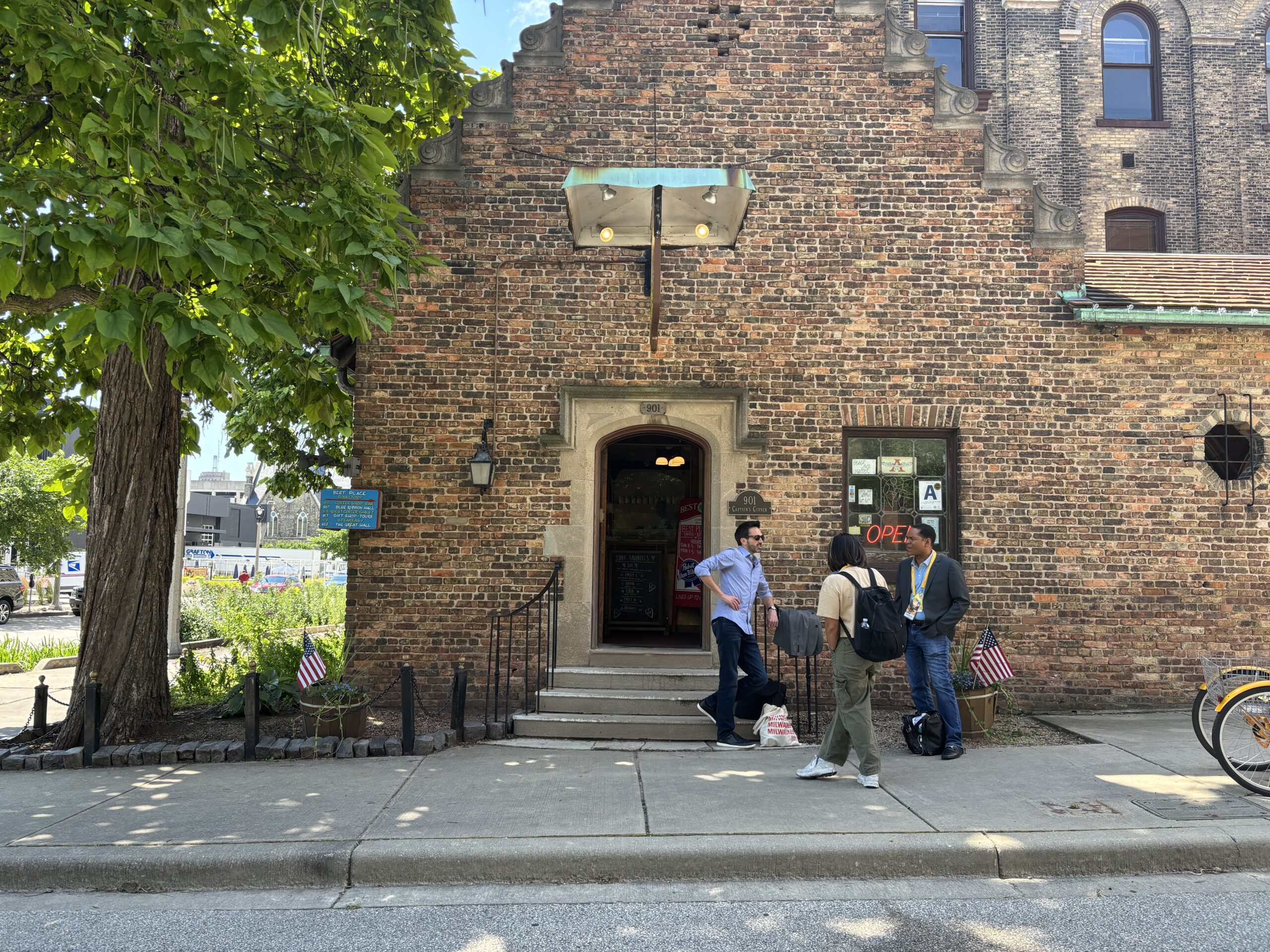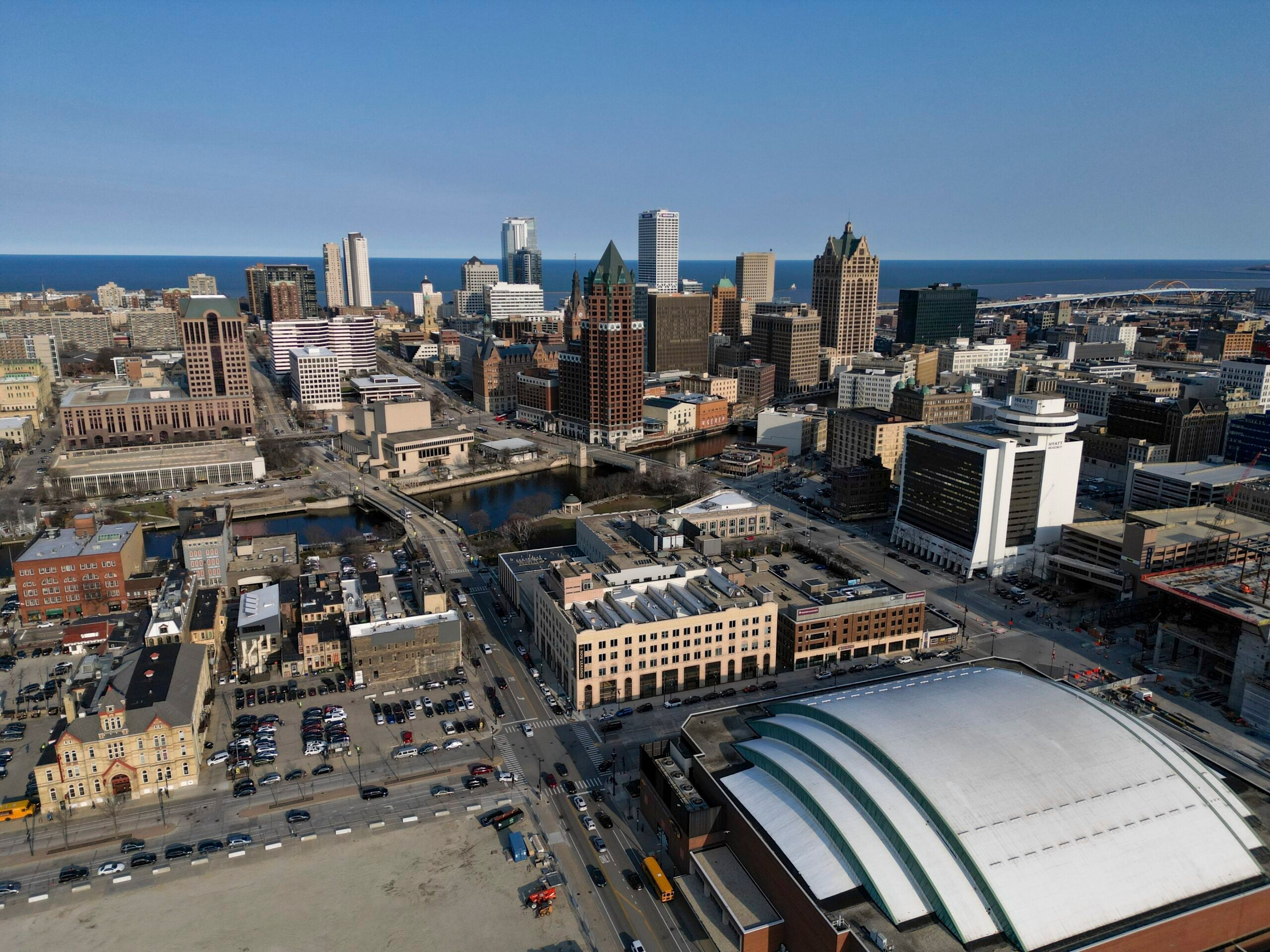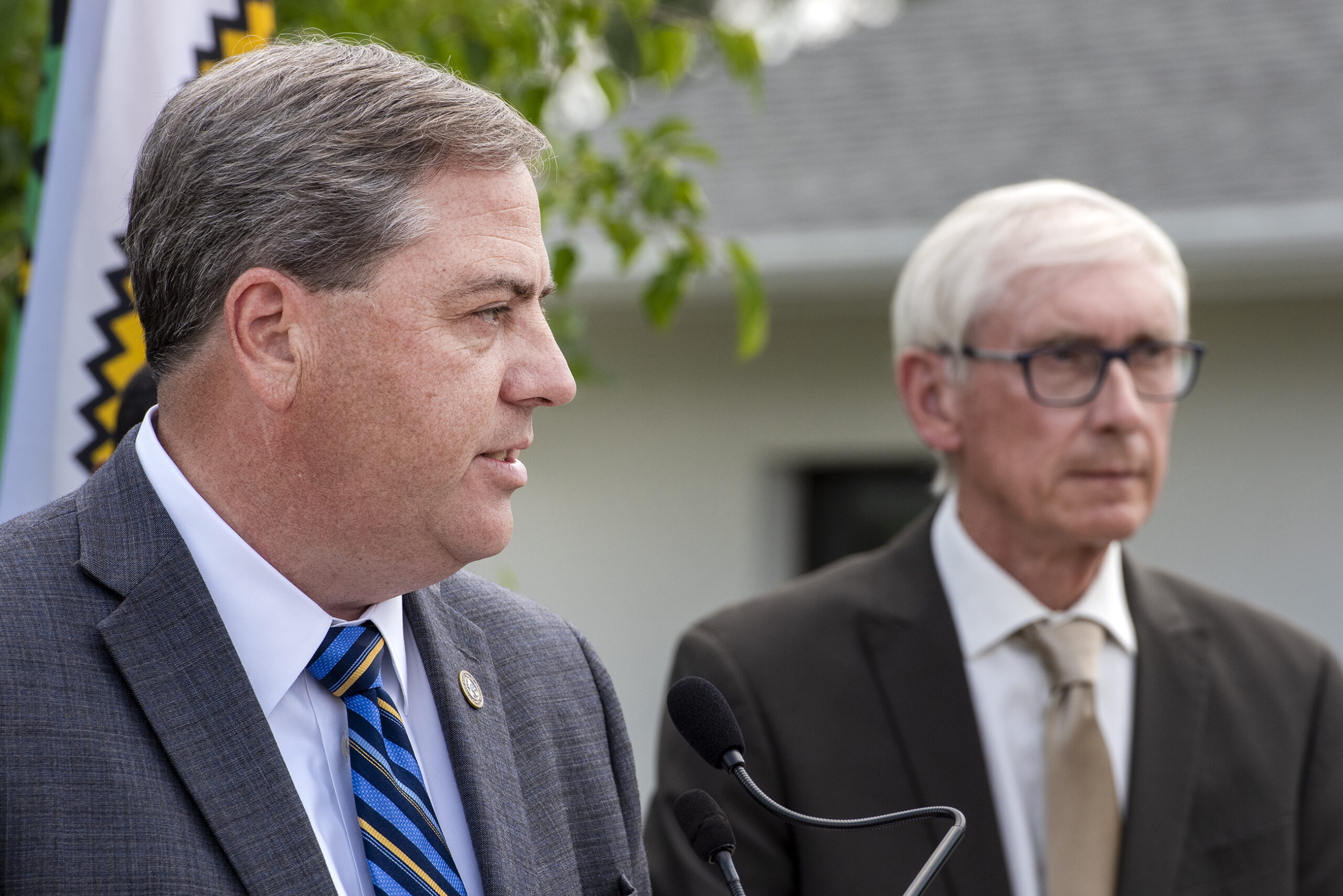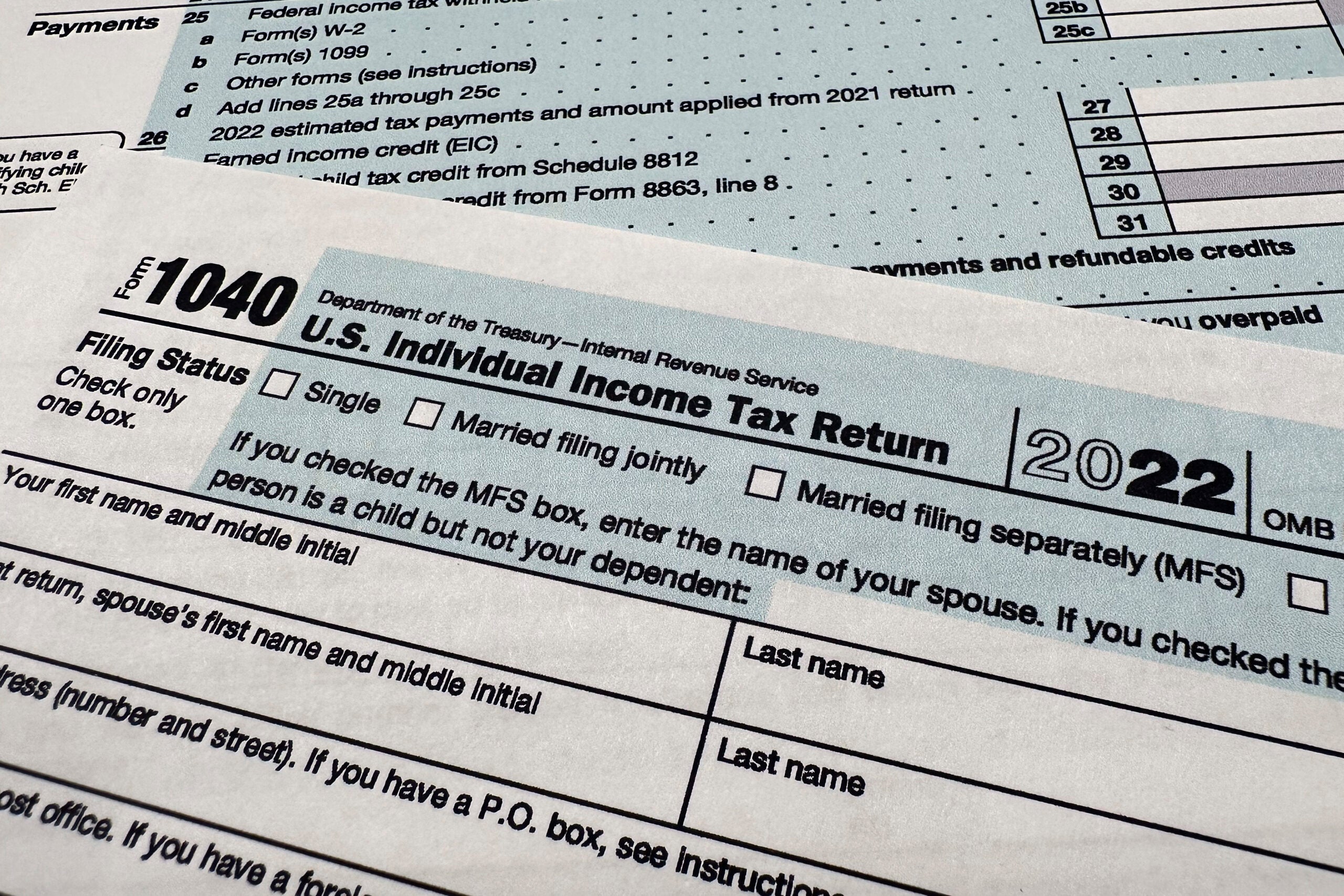The new year brought a new sales tax increase for the city and county of Milwaukee, a move expected to generate millions in new revenue that will help the communities avoid service cuts.
The increase went into effect on Jan. 1. Local officials were given authority to raise the tax rates through a bipartisan shared revenue deal approved by the state Legislature last year. Both the Milwaukee Common Council and Milwaukee County Board of Supervisors approved the sales tax hike last summer.
The sales tax in the city of Milwaukee is now 7.9 percent, up from 5.5 percent. Milwaukee County’s sales tax climbed by less than 1 percent to 5.9 percent.
Stay informed on the latest news
Sign up for WPR’s email newsletter.
The bump is expected to generate around $184 million in the city’s 2024 budget. Without that money, and without an increase in shared revenue from the state, officials would have been forced to soon close several fire stations and libraries and eliminate jobs for hundreds of firefighters, police officers and library employees.
Richard Auxier, a researcher at the Tax Policy Center, said the increase won’t be as noticeable for smaller purchases.
“(Residents) are not going to get into their cars and drive out of the city or avoid the city for a tax that’s going to be really just a couple of cents on most of their bills,” Auxier said.
However, businesses that sell more expensive or high-end items could possibly see a difference in sales this year compared to last, Auxier said.
“Some people might shop for a lower rate,” he said.
But that’s not something Beverly Berson, the owner of Gigi MKE Boutique, is worried about. The bridal shop in the city’s Historic Third Ward neighborhood has products that range anywhere from $250 to over $5,000.
The increase means customers will now pay $395 in sales tax for a $5,000 purchase, $120 more than they would have paid under the old tax rate. Berson believes that’s a “significant amount” but she doesn’t believe it’ll impact her sales in the years to come.
“If it helps create more revenue for the city, then so be it,” Berson said.
Berson said some customers travel from across the nation to shop at her business, including in states where the sales tax is higher than it is in Wisconsin.
“I don’t think (the increase) is going to be a detriment to us, I don’t,” she said.
Ben Shabahang, the general manager of Shabahang and Sons Fine Rugs, said he sells high-end new and antique carpets. He’s also not worried about the impact on his business yet.
“It’s way too early for me to tell, but to me, the difference is very minimal,” Shabahang said.
Shabahang also said he believes the money will be put to good use.
“Yes, you pay more, but if this money will be used to make the city a better place, I’m all for it,” he said.
How does Milwaukee’s sales tax compare?
Even with the increase, Milwaukee’s sales tax is still not as high as other larger cities across the Midwest, including in Chicago, which has a 10.25 percent sales tax, or Minneapolis, where the sales tax is at 9.03 percent.
“Milwaukee is definitely not an outlier,” Auxier said.”There’s nothing irregular about its tax rate.”
But some other Midwest cities — including Cincinnati, Detroit and Omaha — have lower local sales taxes.
Higher sales taxes may have a bigger impact on lower-income communities. About 24 percent of Milwaukee residents live in poverty, according to the U.S. Census Bureau. Experts also say low-income residents tend to spend a larger portion of their income compared to saving it.
“We know folks on the north side of Milwaukee are going to feel even more of the brunt because we’re less insulated,” said Kyle Johnson, the political director for Black Leaders Organizing Communities.
Even with the extra money in the city’s budget, Milwaukee is still expecting future budget deficits. Rob Henken, the president of Wisconsin Policy Forum, said Milwaukee’s budget gap in 2025 could be anywhere from $20 million to $50 million. That’s largely due to federal pandemic relief funds expiring at the end of 2024.
“What this infusion of sales tax money does is it ensures that there are really no noticeable service cuts for 2024,” Henken said. “It also allows the city to prepare for 2025, when that federal money goes away and those sales tax dollars will continue to roll in.”
Wisconsin Public Radio, © Copyright 2025, Board of Regents of the University of Wisconsin System and Wisconsin Educational Communications Board.
